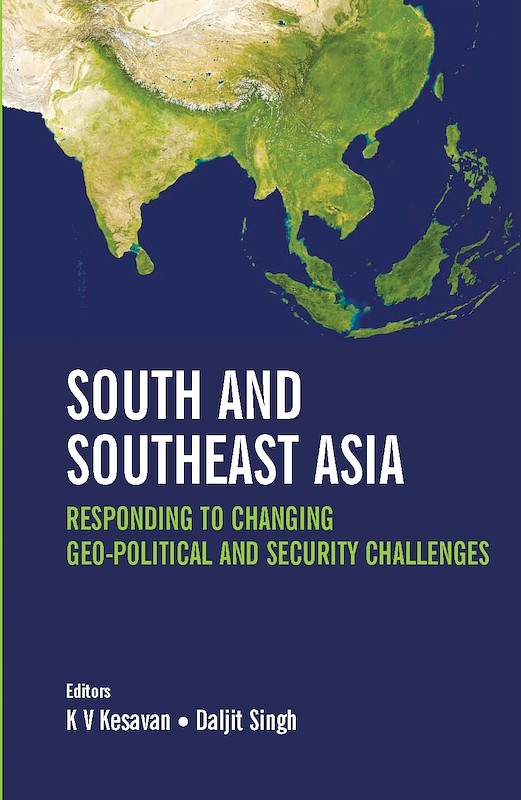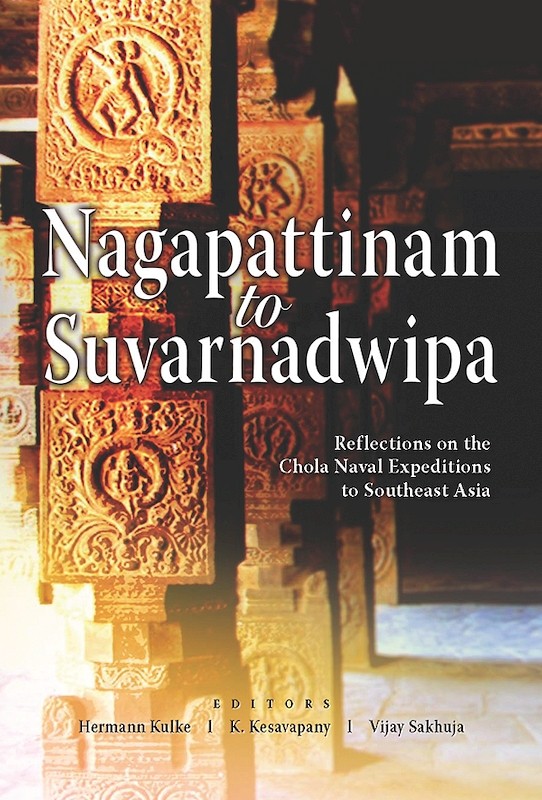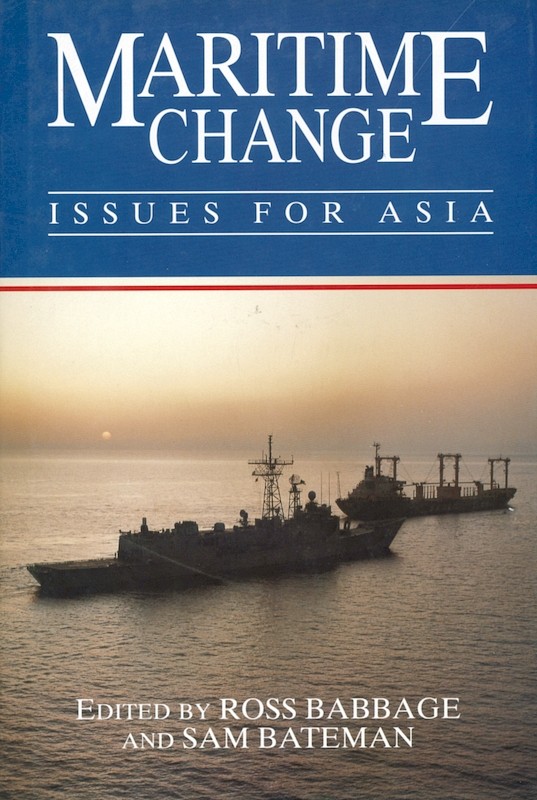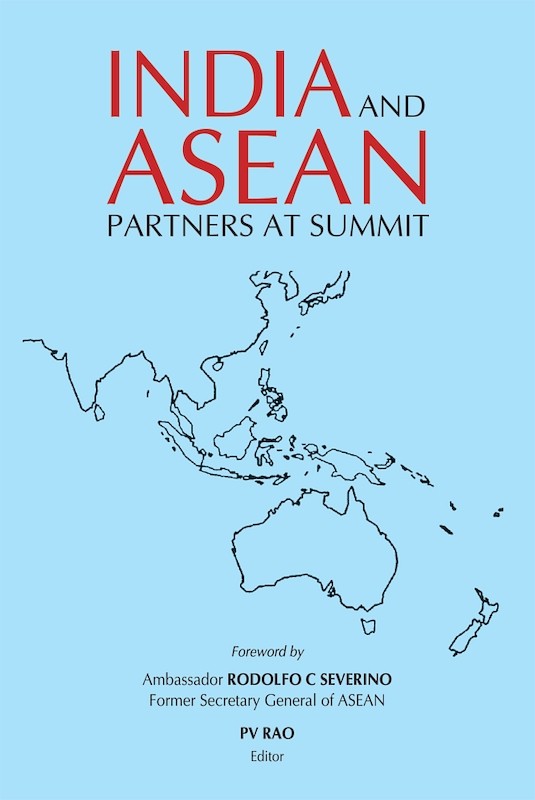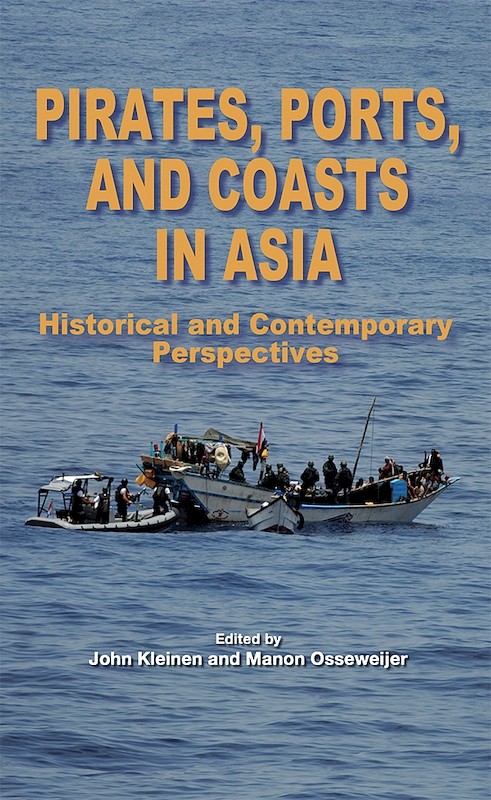Asian Maritime Power in the 21st Century: Strategic Transactions China, India and Southeast Asia
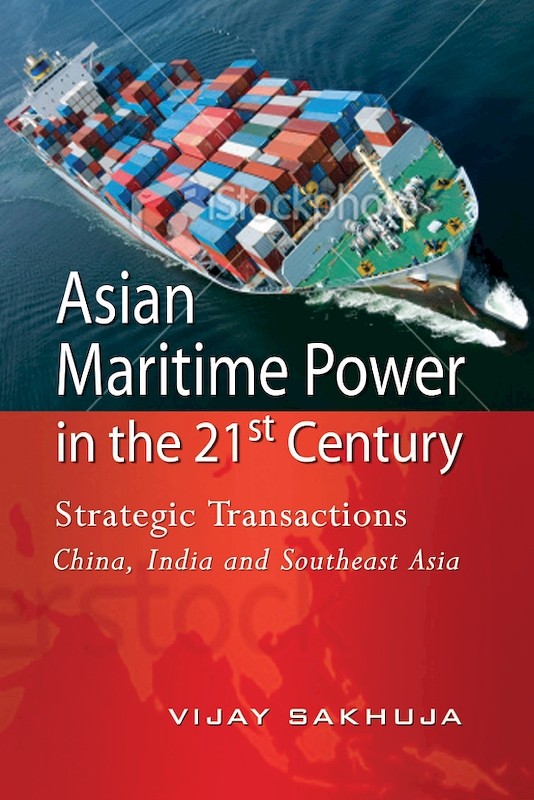
Vijay Sakhuja, author
Date of publication:
2011
Publisher:
Institute of Southeast Asian Studies
Number of pages:
363
Code:
BM415
Soft Cover
ISBN: 9789814311090
Reviews
"Much has been written in recent years concerning the transformation of Chinese and Indian military power, with some scholars even labelling current times the Asia-Pacific Century. However there are few books that gather the relevant sources, identify the major issues, and present an unbiased interpretation of recent events from a global historical perspective. Asian Maritime Power in the 21st Century does just that: it encapsulates the Asia-Pacific Century. For anyone who has difficulty understanding how the rise of the Chinese and Indian economies influence global markets, international sea communications, maritime power, and global security, Asian Maritime Power in the 21st Century should provide the answers for which they are looking. The book is clearly the result of a lifetime of thought and research, the sources are excellent, and the numerous examples provided are informative. The book is centred on a comparative assessment of modern Chinese and Indian maritime power. Expanding upon the classical Mahanian 'elements of sea power', Sakhuja puts forward a five-domain model, encompassing maritime geography, maritime military power, economics and maritime power, political components of national power, and techno-military dimension of maritime power. The most important part of Asian Maritime Power in the 21st Century is the chapter 'Strategic Transactions: China, India and Southeast Asia'. Interestingly, this is also the subtitle of the complete book. By tracing the ancient maritime exchanges between China and India, via Southeast Asia, the author argues that their modern equivalents draw significantly from their ancient practice of international relations. The discussion of Shih and Mandala as sources for Chinese and Indian conceptual thinking on modern maritime power is fascinating" (International Journal of Maritime History).
“This is an estimable survey of the maritime transformation sweeping East, Southeast and South Asia. A former Indian naval officer currently serving as director of research at the Indian Council of World Affairs, the author is a well-known commentator on marine affairs. The chief virtue of Asian Maritime Power in the 21st Century is that it interprets sea power broadly. It is commonplace to conflate maritime power with naval power, thereby reducing a rich field of inquiry to gunboat diplomacy or battles on the high seas. In reality, the latter is a subset of the former. Alfred Thayer Mahan, the godfather of maritime theory, defined sea power as a product of industrial production and international commerce, merchant and naval fleets, and overseas bases where ships could tarry for repairs and to resupply. Marine interactions, furthermore, unfold within fixed geographic surroundings. Geopolitics pervades Mahanian theory. Sakhuja follows Mahan’s lead, allotting chapters to geography, military uses of the sea, economics, political uses of sea power, maritime technology, and the historical and cultural roots of Chinese and Indian nautical endeavours. As such, his book constitutes an invaluable primer for newcomers to Asian maritime affairs. Vijay Sakhuja’s book merits high praise” (Pacific Affairs).
“This is an estimable survey of the maritime transformation sweeping East, Southeast and South Asia. A former Indian naval officer currently serving as director of research at the Indian Council of World Affairs, the author is a well-known commentator on marine affairs. The chief virtue of Asian Maritime Power in the 21st Century is that it interprets sea power broadly. It is commonplace to conflate maritime power with naval power, thereby reducing a rich field of inquiry to gunboat diplomacy or battles on the high seas. In reality, the latter is a subset of the former. Alfred Thayer Mahan, the godfather of maritime theory, defined sea power as a product of industrial production and international commerce, merchant and naval fleets, and overseas bases where ships could tarry for repairs and to resupply. Marine interactions, furthermore, unfold within fixed geographic surroundings. Geopolitics pervades Mahanian theory. Sakhuja follows Mahan’s lead, allotting chapters to geography, military uses of the sea, economics, political uses of sea power, maritime technology, and the historical and cultural roots of Chinese and Indian nautical endeavours. As such, his book constitutes an invaluable primer for newcomers to Asian maritime affairs. Vijay Sakhuja’s book merits high praise” (Pacific Affairs).
About the publication
"Maritime power has been a key defining parameter of economic vitality and geostrategic power of nations. The first decade of the twenty-first century has witnessed the rise of China and India as confident economic powers pivoting on high growth rates and exponential expansion of science, technology and industrial growth. Sequel to their steadily growing economic clout has been the emphatic resurgence of their maritime power evident in maritime shipping, port development and the concomitant expansion of naval power.
Dr Vijay Sakhuja, a former Indian Navy officer, in this pioneering study has splendidly elucidated and examined the resurgence of Asian naval power and its political-diplomatic, economic-commercial, science-technological-industrial, grand-strategic and operational-doctrinal dimensions. Using a neorealist framework, the author provides robust and insightful analysis of how China and India as great powers, using their maritime military capabilities, would evolve and act in global affairs."
Dr Vijay Sakhuja, a former Indian Navy officer, in this pioneering study has splendidly elucidated and examined the resurgence of Asian naval power and its political-diplomatic, economic-commercial, science-technological-industrial, grand-strategic and operational-doctrinal dimensions. Using a neorealist framework, the author provides robust and insightful analysis of how China and India as great powers, using their maritime military capabilities, would evolve and act in global affairs."
— Professor Sanjay Chaturvedi, Centre for the Study of Geopolitics, Punjab University, Chandigarh
Contents
-
Asian Maritime Power in the 21st Century: Strategic Transactions China, India and Southeast Asia
[Whole Publication, ISBN: 9789814311106] -
Preliminary pages
-
1. Maritime Power: A Tour D'Horizon
-
2. Maritime Geography, Law of the Sea and Geostrategy
-
3. Military Maritime Power: China and India
-
4. Economics and Maritime Power
-
5. Political Components of Maritime Power
-
6. Techno-Military Dimension of Asian Maritime Power
-
7. Strategic Transactions: China, India and Southeast Asia
-
8. Conclusion
-
Selected Bibliography
-
Index
-
About the Author

